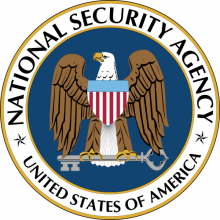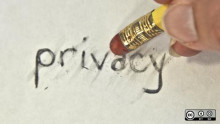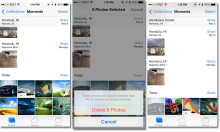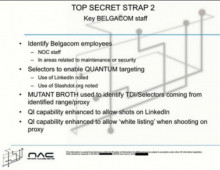Poor security on Obamacare site could sacrifice private info
We've been hearing a lot about technical problems with the Federal government's Affordable Care Act (ACA) Web site. But slow downloads and 404 errors aren’t the worst of what could plague the Obamacare site. According to white-hat hacker David Kennedy, the site can be easily hacked, allowing criminals to compromise computers and steal people's private information.












































































